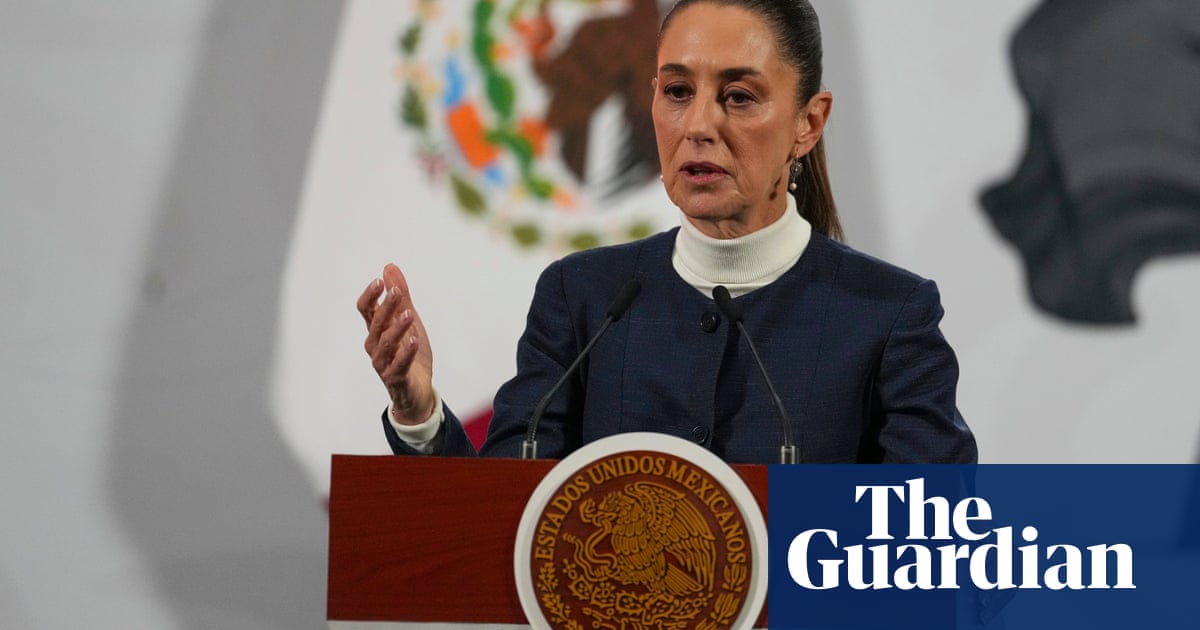By Steven Scheer
JERUSALEM (Reuters) - Israel is turning to its citizens to help produce electricity and profit from it as demand grows rapidly by putting solar panels on their roofs to take advantage of the sun as a key natural resource.
About 15% of Israel's electricity production is generated by renewable energy, with about 70% coming from natural gas, and the Energy Ministry has set a target of 30% by 2030 that will rise sharply by 2050 when it aims to have net zero emissions.
"This is what the energy transition is all about - from (people) being a consumer to becoming an active member in the energy sector and becoming a producer," Ron Eifer, head of the ministry's sustainable energy division, told Reuters.
A number of households already produce energy for themselves and sell the rest to the national grid. Eifer said these homes produce some 6,700 megawatts of capacity but the ministry looks to sharply ramp the number since the average family consumes 8,000 kilowatts an hour per year. One megawatt is 1000 kilowatts.
To that end, the ministry on Tuesday launched a mapping site where residents could enter their address that will show how much space they have to install solar panels as well as calculate how much electricity they would be able to generate and the amount money they can receive from selling any excess.
"We want to encourage citizens and local authorities to install solar roofs," said Yossi Dayan, the ministry's director general, adding the move would help reduce electricity bills. "A solar roof provides energy security for the family in times of emergency and maintains a green and clean environment."
Most homes and apartments across Israel already have solar panels on roofs to heat water.
At 3% annual growth in energy use, Israel is among the highest of Western countries, making it doubly important to keep up with demand while boosting the level of renewables in its energy mix.
Citizens, businesses and municipalities will be responsible for buying the solar panels, which Eifer said usually leads to a break even in six years.
He noted that Israel, which has sun most days of the year, has no other options for renewable energy unlike others where wind or hydro power are options.
"Almost all the renewable energy we have is solar," Eifer said, adding electricity costs in Israel are far less expensive than in countries like Germany or the Netherlands. "We are a solar country and we are unique in that regard in the OECD."
"Israel is a small country with not a lot of space ... and this is why we are encouraging and promoting to use solar in dual use of land - on top of buildings and not in open fields."
(Reporting by Steven Scheer; editing by David Evans)

 German (DE)
German (DE)  English (US)
English (US)  Spanish (ES)
Spanish (ES)  French (FR)
French (FR)  Hindi (IN)
Hindi (IN)  Italian (IT)
Italian (IT)  Russian (RU)
Russian (RU)  5 hours ago
5 hours ago























Comments